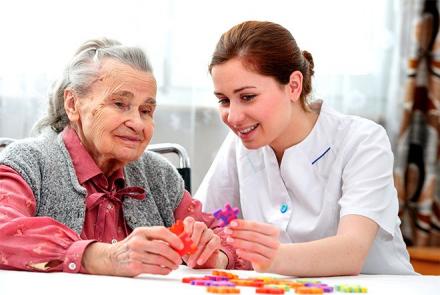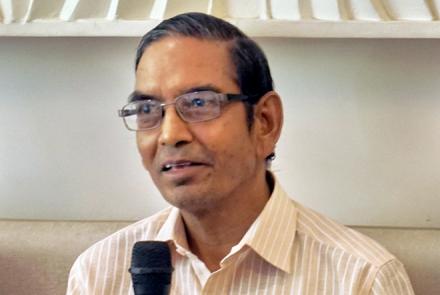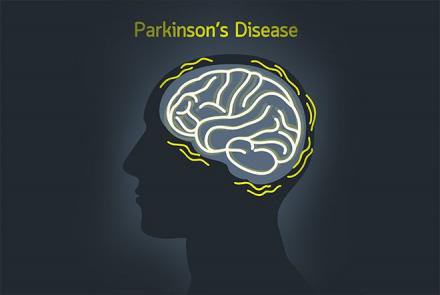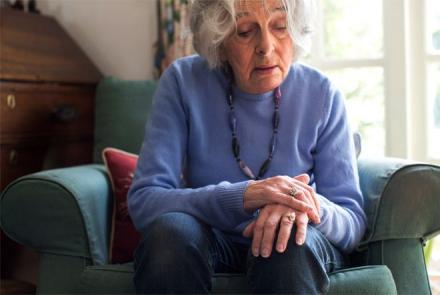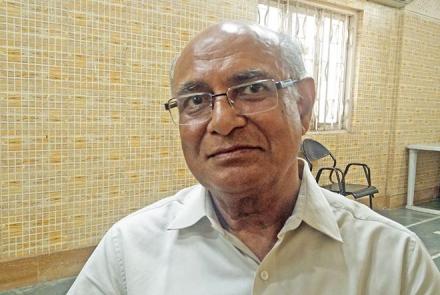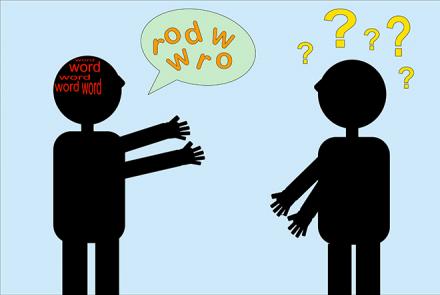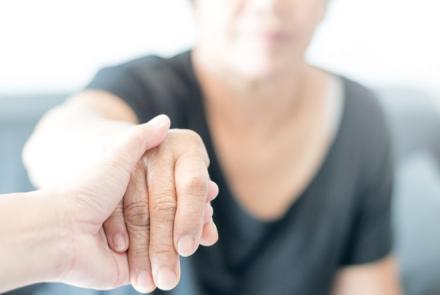People with moderate stage dementia can continue to perform their regular daily activities with a little bit of support. Social worker Mangala Joglekar, who runs several programs for the dementia community and has set-up the Memory Clinic in Deenanath Mangeshkar Hospital, Pune, shares 5 examples of coping strategies for better living. And Advice for Caregivers.
Moderate stage dementia could be said to start when cognitive inabilities can no longer be hidden. It is considered as the longest…
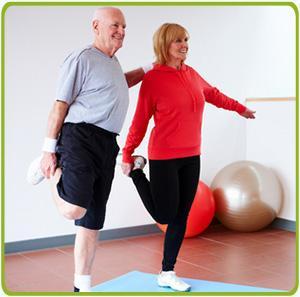
There are a lot of things you can do especially in the early to middle stages to manage and delay the progression of dementia. Read on to find out more:
Staying Active
- Finding activities that the person with AD can do and is interested in can be a challenge.
- Building on current skills generally works better than trying to teach something new.
- Don't expect too much. Simple activities are best, especially when they use current abilities.
- Help the person get started on an activity. Break the activity down into small steps and praise the person for each step he/she completes.
- Watch for signs of agitation or frustration with an activity. Gently help or distract the person.
- Incorporate activities the person seems to enjoy into your daily routine and try to do them at a similar time each day.
Exercise
- Incorporating exercise into the daily routine can benefit both the patient and the caregiver. Not only can it improve health and help the person sleep better, but it can also provide a meaningful activity for both of you to share.
- Think about what kind of physical activities you both enjoy.
- Be realistic in your expectations. Build slowly.
- Be aware of any discomfort or signs of overexertion. Talk to the doctor if this happens.
- Allow as much independence as possible, even if it means a less-than-perfect task
- See what kinds of exercise programs are available in your area.
Complementary Therapies
- Music- Music has found to be very effective in helping to reduce problem behaviors, such as agitation and aggression (especially during mealtimes and bathing). However, it's important to note that the music should be something that the person with dementia prefers, not necessarily what the caregiver thinks would be nice to listen to. Playing your loved one's favourite types of music is typically the most effective form of dementia therapy.
- Pet therapy - Having a pet can have many benefits. They are not only a form of companionship but having a pet also helps in lowering blood pressure and heart rate, reducing the stress hormone cortisol, boosting levels of the feel-good hormone, serotonin, and helps with feelings of agitation, depression, and anxiety.
Stay tuned next week for Tips on Kinds of problems faced, Safety, & Visiting the doctor !
Changed
16/Mar/2017
Condition

